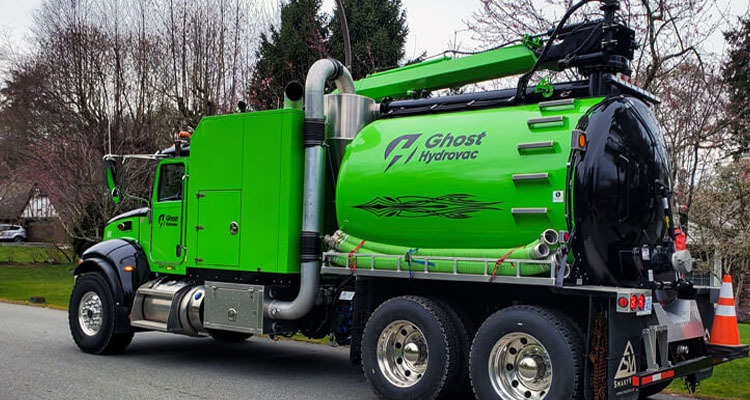
Excavation is always risky and is one of the toughest parts of the construction process. Removing tons of soil from one place and then moving it to another is not as easy as it sounds. A lot of mishaps can happen during these excavation projects. The conventional ways of excavation involve shovels and a big workforce. This process is time consuming and dangerous especially due to underground gas pipelines, electricity wires and water pipes. One wrong action can lead to major issues that can take time and money to resolve. To tackle this issue, companies have started to use huge machinery such as excavators and track hoses but they also come with drawbacks. These heavy machines need a large space to work and if employed in small areas can cause damage to property and the surroundings. They also produce a lot of noise which largely contributes to noise pollution. Apart from all this, the danger of hitting a gas pipeline or damaging electricity wires is still a worry.
This all was before the development of vacuum excavation. When professionally trained workers properly employ vacuum excavation it results in the safe removal of soil. In this blog post we will discuss how vacuum excavation is the best choice for safe digging.
Vacuum Excavation
Vacuum excavation is a non destructive excavation method. It is also known as soft dig and hydro excavation, and is a very simple process. In your life at some point you may have seen a muddy hole in your garden made by your garden hose. Vacuum excavation employs the same technique but on a larger scale.
Vacuum excavation uses pressurized water or compressed air to uncover the underground utilities. Then it uses a blast of air or water to loosen the soil and break down the large materials in the soil. Then with the help of an air hose all the debris is transferred into a specially designed tank. Vacuum excavation minimizes the danger of damaging utility lines. It also does not require a large workforce or heavy machinery to work. Vacuum excavation just needs a professional who can operate the machine and the rest of the job is done by the vacuum excavator.
Advantages Of Vacuum Excavation
In comparison with the traditional ways of digging, vacuum excavation offers a lot of advantages. Below are some of the advantages vacuum excavation offers:
- With a blast of air and water it uncovers the underground assets causing no disturbance to the surrounding areas and fully removes the risk of damaging the utility lines. This makes it an ideal process for utility works, especially in congested urban areas.
- In winter soil hardens due to extreme cold weather. In this type of weather vacuum excavation works best. It uses warm pressurized water to loosen the soil and digs through the earth easily.
- Vacuum excavation doesn’t require a large space to operate. As the vacuum hose and pressure heads can be used remotely, there is no need to demolish the surrounding area or clear an area to make space for heavy machinery. This makes it an ideal fit for small areas.
- As hydro excavation is a wet procedure it does not generate dust and other particles. Whereas, other traditional methods produce a lot of dust contributing to air pollution.
- Vacuum excavation does not require personnel to enter the area for digging. As the digging is done by the vacuum hose and its pressure heads there is no need for actual people to enter the area. This minimizes the chances of injuries and increases worker safety.
- Vacuum excavation is cost-effective. Since they are faster than the traditional ways of digging, it reduces the time to complete a project. This results in less expenditure making it a cost friendly project.
The aforementioned advantages make it clear that vacuum excavation is a safer and more efficient way of digging. As it is less invasive, more cost effective, produces less pollution, and is a safer way to excavate. All this puts it above the traditional ways of digging.
About Ghost Hydrovac
Ghost Hydrovac offers expert hydro-dig services such as hydrovac excavation, directional drilling, utility installation, cleaning, washing, and much more in Alberta and British Columbia. For more information, visit our website or contact us here today.